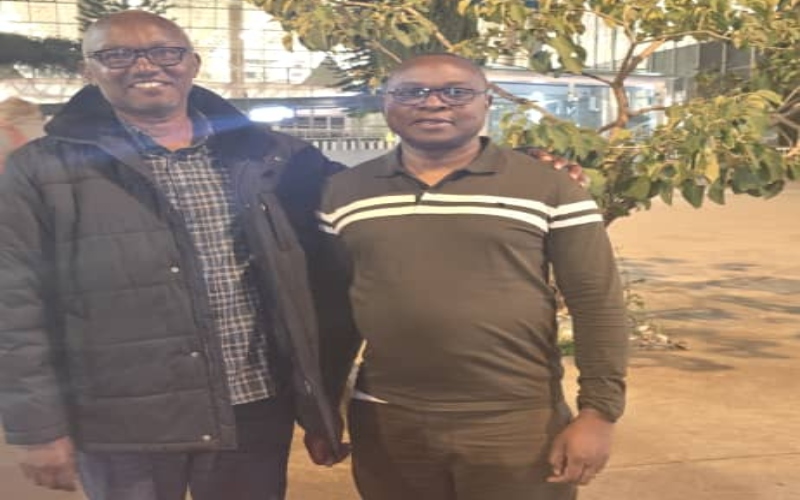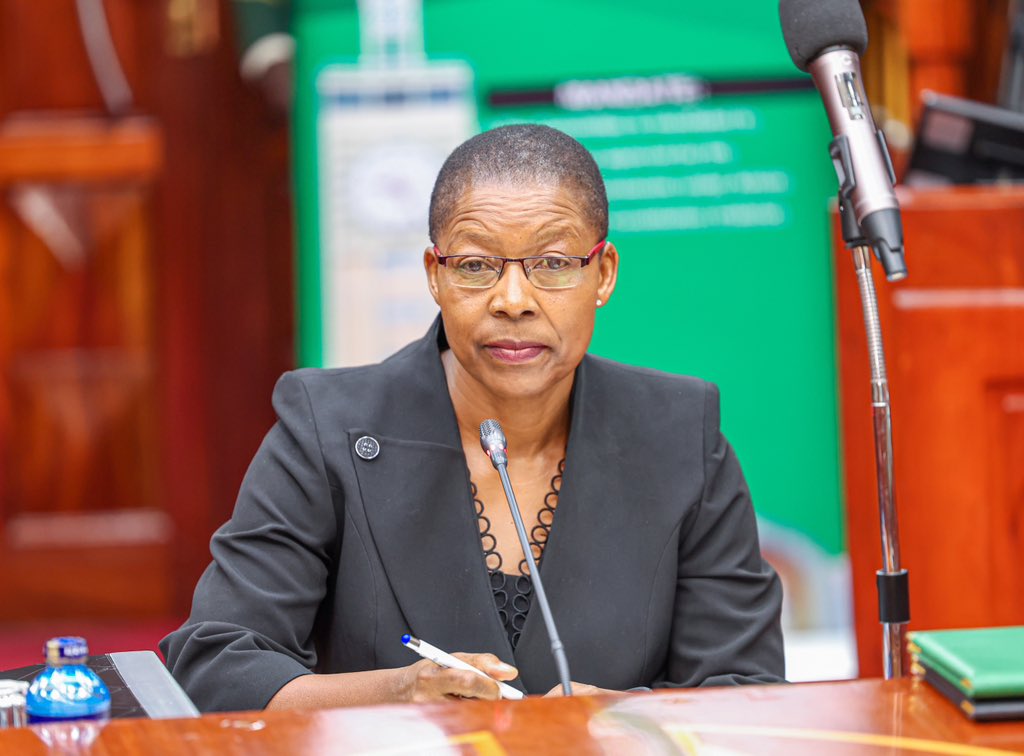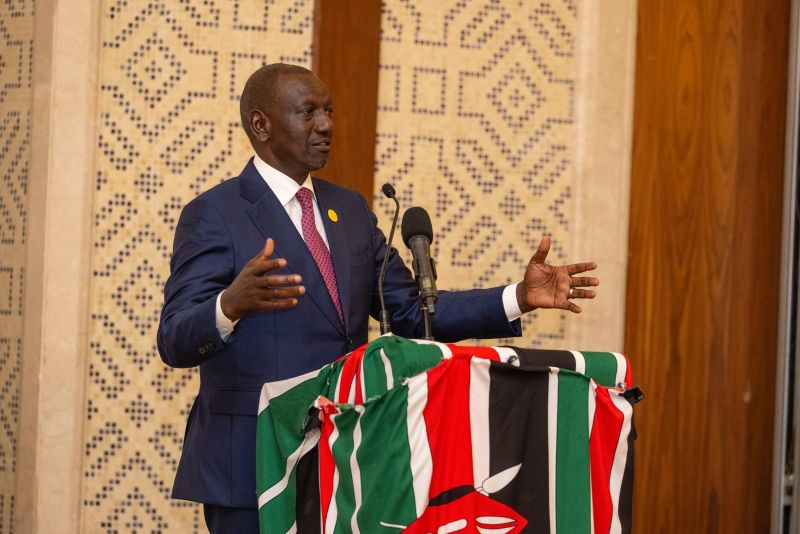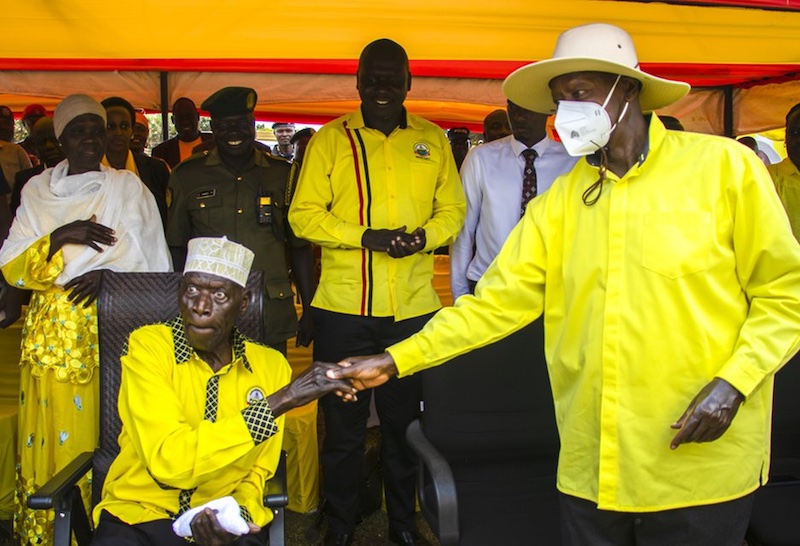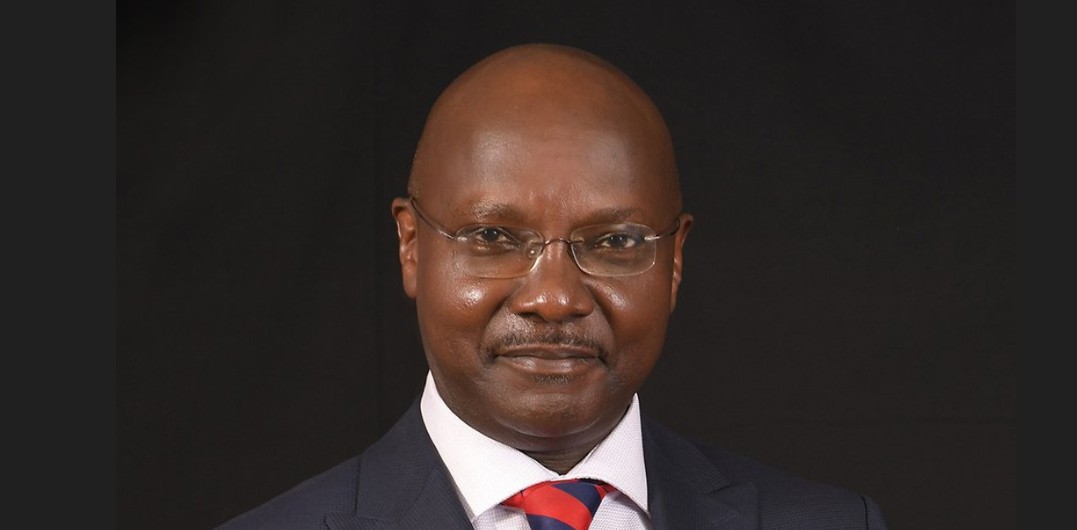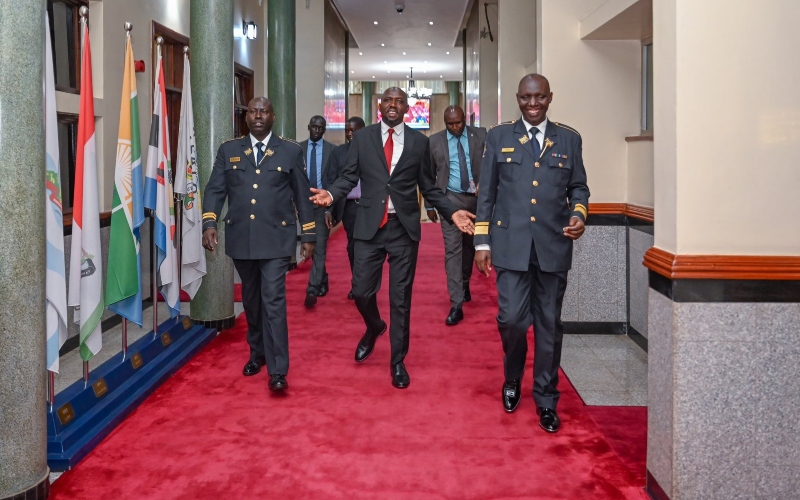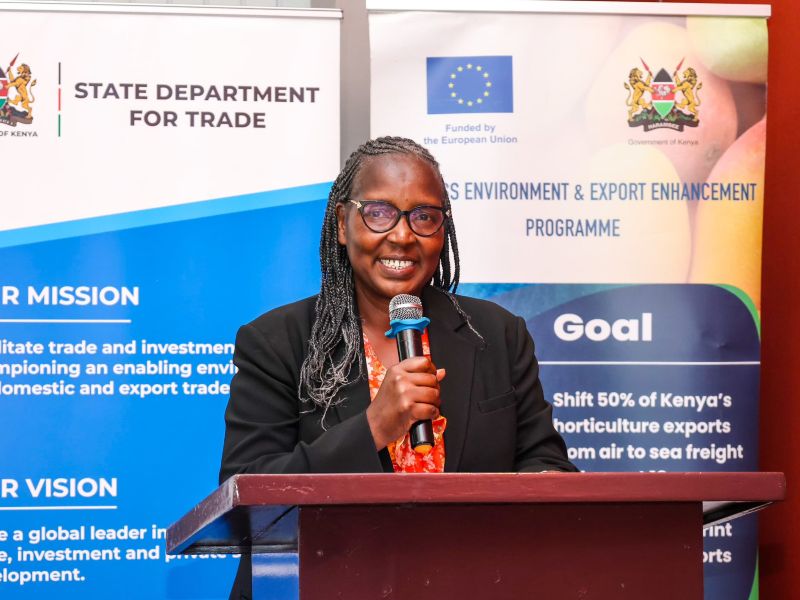House committee leaders face removal for absenteeism, Speaker Wetang’ula warns
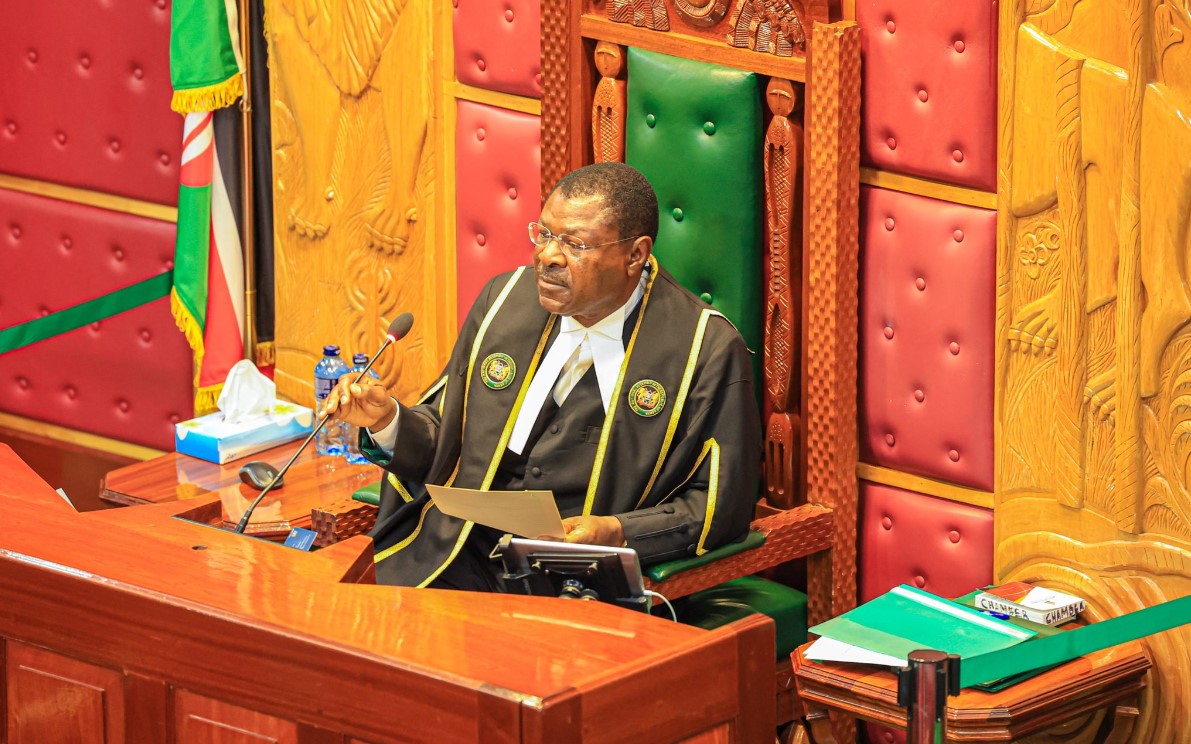
Wetang’ula emphasised the necessity of quorate meetings, insisting that committee chairs must consistently participate, especially given the privileges and additional compensation their roles provide.
Committee chairpersons and vice-chairpersons who frequently miss House sessions could be removed from their positions if the trend continues, National Assembly Speaker Moses Wetang’ula has warned.
Speaking on Monday during a leadership retreat in Naivasha, Wetang'ula raised concerns on accountability, noting that some leaders only show up briefly to sign in or make a fleeting appearance.
More To Read
- Parliament to fast-track electoral laws ahead of 2027 polls, says Wetang’ula
- Wetang’ula urges Kenyans to speak out against GBV, protect survivors
- Frequent court injunctions threaten to stall Parliament’s work, Wetang’ula warns
- Duncan Ojwang declines Ruto's nomination for KNCHR chair position, vetting suspended
- Wetang’ula rejects claims of bias, says Constitution allows political affiliation
- MPs demand urgent action on rising gender-based violence cases across Kenya
He noted that such leaders risk losing their jobs if they do not prioritise attendance. "This should not be the case. We must commit fully to leading our committees effectively," he said.
He stressed the importance of regular attendance for those in charge of legislative committees, stating that committee chairs are key connections between the National Assembly and the Executive.
"You are the primary point of contact and oversight for Cabinet interactions. Cabinet members appear before you and the plenary, and you must engage with them beyond the questions posed on the floor," Wetang’ula said.
He pointed out that absences not only hinder discussions but also compromise leadership responsibilities.
"If you are absent, you are not only missing out on discussions but also failing to fulfil your leadership responsibilities," he said.
Wetang’ula emphasised the necessity of quorate meetings, insisting that committee chairs must consistently participate, especially given the privileges and additional compensation their roles provide.
He elaborated on the procedural ramifications of absenteeism, clarifying that parliamentary standing orders do not stipulate a fixed duration for debates on bills.
This flexibility is granted with the expectation that committee leaders will be present and actively engaged to expedite legislative business.
"The quality of legislation is grounded not only in the debate on the House floor but in the comprehensive work of committees, examining bills, conducting public consultations, and interrogating proposals. Committee chairs must be diligent in these duties to ensure timely, effective law-making," Wetang’ula said.
He indicated that any Bill, motion, or petition scheduled for debate would be shelved if the chairperson or sponsoring member is absent without prior notification or arrangements for a substitute.
This measure aims to enhance accountability and streamline legislative processes, reducing delays caused by absent members.
Expressing frustration over the frequent postponement of significant legislation due to absenteeism, Wetang’ula stated that proposals could be dropped if members fail to appear after repeated notifications.
"If a member cannot prioritise their Bill or motion, it may be time to reconsider its place on the Order Paper," he said.
Present at the retreat were Majority Leader Kimani Ichung’wah and Minority Leader Junet Mohamed.
Ichung’wah echoed Wetangula's sentiments, urging committee chairs to be available during core House hours, especially between 2:30 pm and 4 pm, when fewer members typically participate.
"This is a prime time to advance House business, present reports, and process essential documents," he said.
Wetang’ula further reiterated the importance of an accountable National Assembly, urging members to uphold their duties to the House and their constituents.
He criticised MPs for their inconsistent public statements and actions, particularly noting the embarrassment he feels when MPs promise public action on issues but fail to follow through in Parliament.
He cited instances where some MPs, who rarely speak in the House, make bold promises in public settings but are absent when it matters most.
"As Speaker, sometimes I get embarrassed in a place like a funeral when an MP who never speaks in Parliament stands up and says I am going to oppose a Bill and says all manner of things. And when the Bill comes, you do not see him in the House to speak to the Bill that he was opposing at a funeral," he explained.
Top Stories Today
